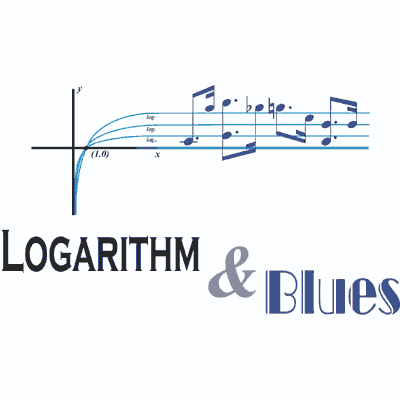1700 Followers Problem
 {
x
3
−
6
x
2
+
5
x
=
0
2
x
4
−
1
1
x
3
+
2
3
x
2
−
9
9
x
+
4
5
=
0
{
x
3
−
6
x
2
+
5
x
=
0
2
x
4
−
1
1
x
3
+
2
3
x
2
−
9
9
x
+
4
5
=
0
If A satisfy the root that satisfy the system of equations above? What is the value of 1 7 0 0 lo g A 1 7 − 1 7 lo g A 1 7 0 0 ?
Join the Brilliant Classes and enjoy the excellence.
The answer is 0.000.
This section requires Javascript.
You are seeing this because something didn't load right. We suggest you, (a) try
refreshing the page, (b) enabling javascript if it is disabled on your browser and,
finally, (c)
loading the
non-javascript version of this page
. We're sorry about the hassle.
5 solutions
can you write in more detail, how did you equate : Loga(1700^Loga17) = Loga 17(Loga 1700)
Log in to reply
Let u = lo g A 1 7 ⟹ lo g A 1 7 0 0 lo g A 1 7 = lo g A 1 7 0 0 u = u lo g A 1 7 0 0 = lo g A 1 7 lo g A 1 7 0 0
Simply solve first the roots of the first equation. It can be done simply since it is reducible in quadratic form. Then it can be found that one of the roots is 5 , so substituting it to the second equation, 5 also satisfies it hence the answer must be 0
Actually, we don't need to find the roots at all because x lo g y z = z lo g y x a l w a y s : )
Will you please explain how ? Thanks.
Log in to reply
Ya definitely I will L e t a lo g b c a n d c lo g b a b e t h e t w o t o b e p r o v e d e q u a l . I f b m = c , a lo g b c = a m ( e q n 1 ) I f b n = a , c lo g b a = c n ( e q n 2 ) N o w , b = c m 1 = a n 1 . T h e r e f o r e c n = a m . T h i s p r o v e s ( e q n 1 ) = ( e q n 2 ) S o , a lo g b c = c lo g b a . ♯ ♯ ♯ Enjoy!
Log in to reply
Thank you for the explanation. I think this is not a very known identity.
No matter the base, we always have: a lo g b = b lo g a Proof: Writing e for the base (though it really could be anything), it's easy to see that they are both equal to e ( lo g a ) ( lo g b ) . □
This immediately gives us 1 7 0 0 lo g A 1 7 = 1 7 lo g A 1 7 0 0 , which means that 1 7 0 0 lo g A 1 7 − 1 7 lo g A 1 7 0 0 = 0 .
1 7 0 0 lo g A 1 7 − 1 7 lo g A 1 7 0 0 T a k i n g lo g A : − o f e a c h t e r m . lo g A 1 7 ∗ lo g A 1 7 0 0 . . L e f t t e r m . . . . . . . lo g A 1 7 0 0 ∗ lo g A 1 7 . . R i g h t t e r m . Log to the same base are equal, so the terms are also equal. So, expression=0. No need of the given two equations.
As mentioned by another solution, it can be shown that x lo g y z = z lo g y x , so you don't even need any other information to know the result is 0 .
That said, if you did want to find the roots as an exercise, then I'd recommend starting with x 3 − 6 x 2 + 5 x = x ( x − 5 ) ( x − 1 ) = 0 . Since the constant term of the second equation is 4 5 , it's worth verifying that x − 5 is a root. Once you discover that it is, you can factor out the rest: 2 x 4 − 1 1 x 3 + 2 3 x 2 − 9 9 x + 4 5 = ( x − 5 ) ( 2 x − 1 ) ( x 2 + 9 ) = 0 .
Let L H S = y = 1 7 0 0 lo g A 1 7
⇒ lo g A y = lo g A ( 1 7 0 0 lo g A 1 7 ) = lo g A 1 7 ( lo g A 1 7 0 0 ) = lo g A ( 1 7 lo g A 1 7 0 0 ) ⇒ y = 1 7 lo g A 1 7 0 0 = R H S
⇒ 1 7 0 0 lo g A 1 7 − 1 7 lo g A 1 7 0 0 = 0